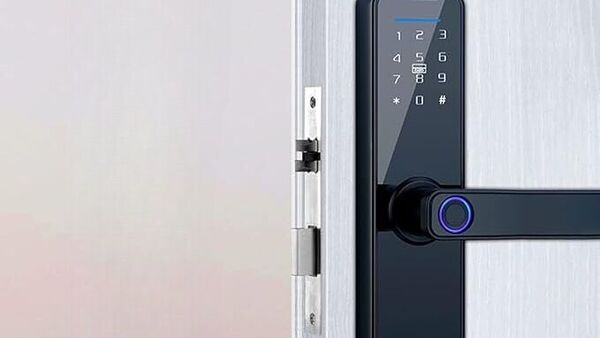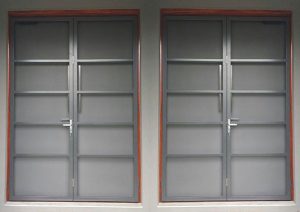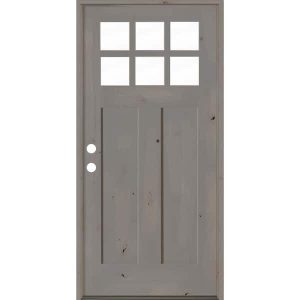Ensuring the safety of your home or business starts with strong door hardware. High-security door locks are essential for protecting against unauthorized entry, providing peace of mind and enhancing overall security.

Understanding High-Security Door Hardware
High-security door hardware includes locks and other mechanisms designed to resist tampering and forced entry. These locks often come with features like drill resistance, pick resistance, and the ability to withstand excessive force.
Benefits of Upgrading to High-Security Door Hardware
Upgrading to high-security locks offers several advantages:
- Increased Security: Advanced locking mechanisms are harder to bypass.
- Durability: These locks are built to last longer, even under stress.
- Insurance Benefits: Some insurers offer discounts for improved security measures.
Types of High-Security Door Hardware
There are various types of high-security locks to consider for different needs:
| Type | Description | Best For |
|---|---|---|
| Deadbolts | Thick bolts that slide into the door frame. | Main entry doors |
| Smart Locks | Electronic locks that can be controlled remotely. | Tech-savvy homes |
| Padlocks | Removable locks with a shackle. | Gates and storage units |
| Cylindrical Locks | Common door handle locks with a cylinder. | Internal doors |
Key Features to Look for When Choosing High-Security Door Hardware
When selecting high-security door hardware, consider the following features:
- Lock Grade: Aim for Grade 1 locks for maximum security.
- Material Quality: Strong metals like steel offer better protection.
- Smart Features: Options like remote access and biometric sensors add convenience and security.
Step-by-Step Guide to Upgrading
Upgrading your door hardware involves several steps:
- Assessment: Determine what type of lock is best for each door.
- Removal: Carefully remove the existing lock hardware.
- Installation: Install the new lock according to the manufacturer’s instructions.
DIY Installation vs. Professional Installation
- DIY Installation: Suitable for those with handy skills; however, it requires precision and the right tools.
- Professional Installation: Recommended for complex systems like smart locks or when high precision is necessary.
Maintenance Tips for High-Security Door Hardware
Regular maintenance ensures your locks function effectively:
- Regular Checks: Inspect and test locks regularly to ensure they are functioning correctly.
- Lubrication: Keep moving parts lubricated to prevent wear and tear.
- Professional Assessments: Have a locksmith review yo my website ur locks periodically to ensure they meet security standards.
Common Mistakes to Avoid
Avoid these common installation errors:
- Improper Alignment: Misaligned locks can reduce security and damage the door.
- Using Low-Quality Tools: Poor quality tools can damage the locks during installation.
- Ignoring Manufacturer Instructions: Always follow the provided guidelines to ensure optimal function.
Conclusion
Upgrading to high-security door hardware is a wise investment in your property’s safety. By choosing the right type of lock, installing it correctly, and maintaining it regularly, you can significantly enhance your security and enjoy greater peace of mind.

Hello! I’m Tyler Glasheen, your go-to expert at PaneCrafters for all things related to window and door installations. With over 15 years of experience in the industry, I’ve dedicated my career to mastering the art of fitting, upgrading, and maintaining windows and doors for both residential and commercial spaces.




